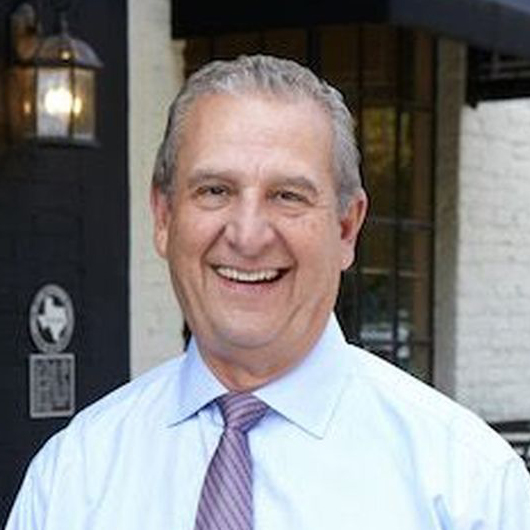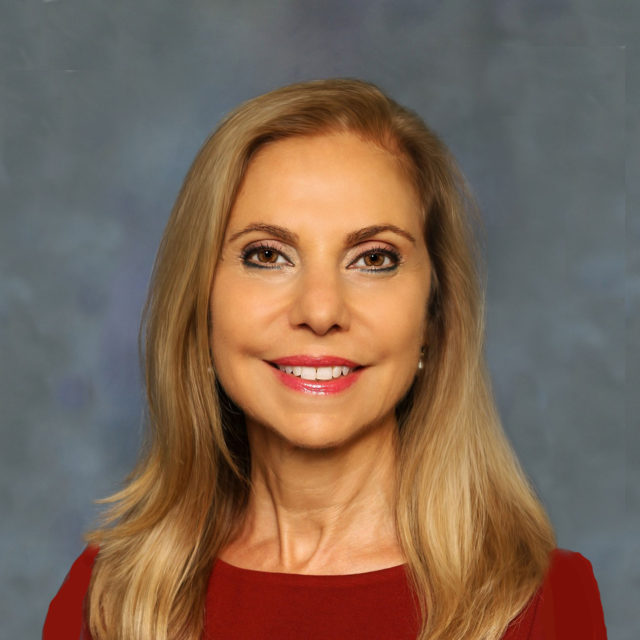PART 6 OF A 10-PART SERIES
Strategies for Dry Eye Prescription Out-of-Pocket Expenses
In this, Part 6 of our series, Real-World Answers From Experts in Dry Eye Disease, we continue to review tips for the “money talk” conversation with patients. This time, Dr. Jerry Robben looks at very specific out-of-pocket expenses for prescriptions and the importance of providing options for concerned patients.
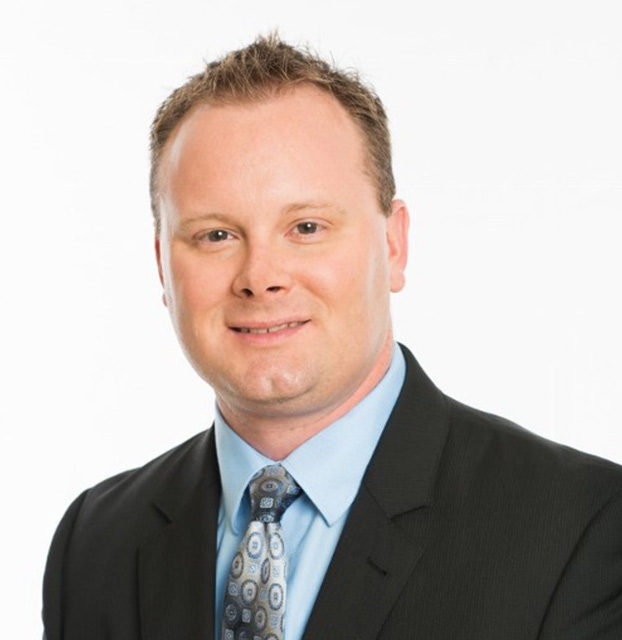
Jerry Robben, OD
Jerry Robben, OD
Bowden Eye & Associates
Jacksonville, Florida
Dr. Robben is the Chief Optometric Physician at Bowden Eye & Associates. He is also an Adjunct Assistant Professor at Arizona College of Optometry. He is a Founding Partner of Dry Eye University and a Founding Member and contributor of Dry Eye Access. He attended graduate school at Nova Southeastern University in Fort Lauderdale, Florida, where he received a second bachelor’s degree in Vision Science and his Doctorate in Optometry. During his externships, Dr. Robben had extensive training in binocular vision disorders and vision therapy. He also focused on pediatric care, contact lenses, low vision, and ocular disease. With a background in clinical education, Dr. Robben started a student doctor externship program, and is also an Adjunct Clinical Assistant Professor for the Arizona College of Optometry where he supervises the 4th Year Optometry Resident Doctors who are completing their externships for graduation. Dr. Robben is a leader in the treatment and management of Dry Eye Disease and has been recognized as a national speaker and educator on the subject. He frequently speaks in educational settings for optometrists, technicians and ophthalmologists across the country.
Managing costs in all areas of health care is an ongoing effort by clinicians, staff, and patients. Eye care is no different.
Moderated by Dr. Jerry Robben
In Part 5: Talking With Patients About Paying for In-Office Treatments, we looked at how our experts are making patients comfortable with investing in their ocular health. In this article, I ask a multi-part question, and our experts give very specific examples of how they not only answer the questions that patients often ask, but how they guide patient decision-making in the care of Dry Eye Disease. Here, I have chosen to use Xiidra® and Restasis® as examples in each of these questions.
How do you discuss out-of-pocket expenses for dry eye prescriptions?
- What if the patient has a higher copay than expected for Restasis®?
- What if the patient’s insurance requires a prior authorization for Xiidra®?
- What if the deductible is not met for Restasis®?
- What if the patient is in the donut hole (coverage gap) for Xiidra®?
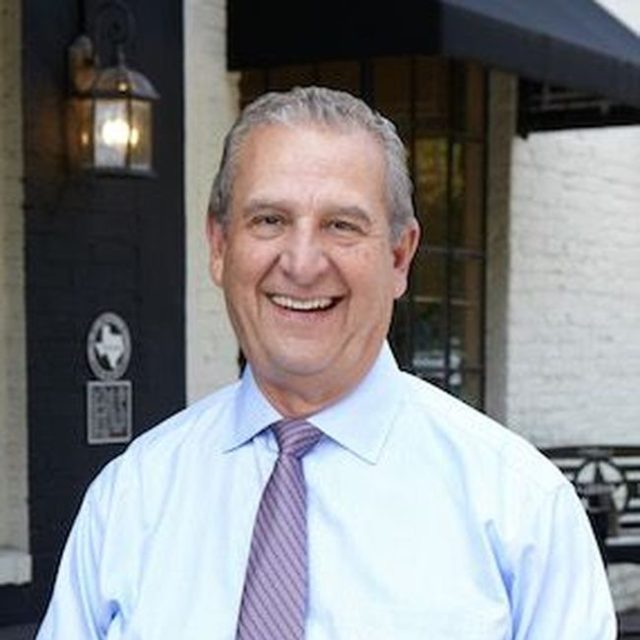
Art Medina, OD
Art Medina, OD
Medina Eye Care
San Antonio, Texas
Dr. Arthur A. Medina Jr. was born and raised in San Antonio, Texas and attended Central Catholic High School. He received his doctorate of optometry in 1972. The University of Houston, College of Optometry, appointed him to the faculty.
Medina continued his postdoctoral training with Dr. Louis Girard, M.D, who chaired the department of ophthalmology at Baylor College of Medicine. That experience enhanced the philosophy that still serves as the foundation for his practice.
Dr. Medina opened his private practice in 1983, after a decade as an associate of two prestigious ophthalmological practices. His experience with pre and post-operative care of cataract and refractive surgery patients led to working relationships with leading ophthalmic surgeons throughout Texas and the western United States. His incredible passion for the profession and quality patient care led to unique relationships with renowned, like-minded national and international physicians.
- What if the patient has a higher copay than expected for Restasis®?
- Thoroughly explain to the patient that, as the provider, you have no control of their out-of-pocket expenses for medications. That is dictated by their insurance company. If the Restasis copay is too high for the patient, then we move them to PF Cyclosporine from Imprimis®.
- What if the patient’s insurance requires a prior authorization for Xiidra®?
- We will attempt to get the patient insurance to cover Xiidra®; however, if they deny coverage, then we give the patient another option—Stagecoach Pharmacy in Texas, for example.
- What if the deductible is not met for Restasis®?
- We have no control over the patient deductible; we try to prescribe medication per clinical condition, and patients tend to appreciate that.
- What if the patient is in a donut hole for Xiidra®?
- Same protocol as #1 above
- What if the patient has a higher copay than expected for Restasis®?
- When there is Restasis® pushback, offer Xiidra® or Cyclosporine from Imprimis®.
- What if the patient’s insurance requires a prior authorization for Xiidra®?
- Prior authorizations; don’t give up—help the patient.
- What if the deductible is not met for Restasis®?
- Offer Imprimis® Cyclosporine A until the deductible is met.
- What if the patient is in a donut hole for Xiidra®?
- Try Cyclosporine from Imprimis® until out of the hole.

Frank W. Bowden, III, MD, FACS
Frank W. Bowden, III, MD, FACS
Bowden Eye & Associates
Jacksonville, FL
Dr. Frank W. Bowden, III, had his fellowship as a cornea specialist at Wills Eye. He is President, Medical Director and Founder of Bowden Eye & Associates, President and Medical Director of Eye Surgery Center of North Florida, LLC. He is also a Founding Partner of Dry Eye University and a Founding Member, Advisory Board and Contributor of Dry Eye Access. Previously, he was an Assistant Clinical Professor at University of Florida, Jacksonville.
Dr. Frank W. Bowden, III, founded Bowden Eye & Associates in 2001, focusing the practice on comprehensive eye care; custom cataract surgery; refractive and LASIK surgery; glaucoma surgery and laser therapy; treatment of Dry Eye Disease and other ocular surface disorders; corneal transplantation; and corneal and external diseases. As a fellowship-trained cornea specialist, he is uniquely qualified to treat Dry Eye Disease; corneal abrasions, inflammations, ulcers, scarring, injuries and infections; keratoconus; as well as pediatric corneal diseases. He also specializes in corneal transplantation using advanced techniques such as PKP, DSAEK, and DALK.

Adam Ramsey, OD
Adam Ramsey, OD
Iconic Eye Care
Palm Beach Gardens, Florida
Adam Ramsey, OD serves as the Medical Director of Iconic Eye Care in Palm Beach Gardens FL. Dr. Ramsey’s practice encompasses ocular surface disease, glaucoma, surgical co-management, macular degeneration care and diabetic eye exams. Dr. Ramsey is the current President of the Palm Beach County Optometric Association and is also the Vice-President of T. Leroy Jefferson Medical Society an affiliate of National Medical Association. He also serves as the Chief Optometric officer for Seminole Health Indian Reservation for the state of Florida servicing 3 locations.
- What if the patient has a higher copay than expected for Restasis®?
- I would educate the patient that we are trying to allow the eye to work better on its own, and cutting-edge medical treatments usually cost more initially, but my hope is that the cost will continue to come down, and your results will continue to increase.
- What if the patient’s insurance requires a prior authorization for Xiidra®?
- We attempt to do all prior authorization before the patient goes to the pharmacy, but if not, we ask the patient to have patience with us as we fight to get the best care allowed by their insurance company.
- What if the deductible is not met for Restasis®?
- In this case, we would have a conversation with the patient that they can either meet the deductible with this medication and have other costs reduced later or wait and end up paying their deductible with other medications regardless and delay treatment for their dry eye condition.
- What if the patient is in a donut hole for Xiidra®?
- In this case, we try to avoid this with proper prescribing at the end of the year. Additionally, we ask the patient to be more self-aware at the end of the year in order to try and avoid this in the future.
- What if the patient has a higher copay than expected for Restasis®?
- I ask the patient if they would be able to do this long-term. I emphasize that Restasis® is a long-term treatment that requires consistency in use. I emphasize how Restasis® helps control inflammation and its importance in treatment. If they are unable to pay the out–of-pocket expense, we send in Xiidra® or Imprimis® Cyclosporine.
- What if the patient’s insurance requires a prior authorization for Xiidra®?
- I let them know that our office will work on the prior authorization, and I also direct them to call or go online to the Ask iiRis savings assistant at https://askiiris.xiidra.com
- What if the deductible is not met for Restasis®?
- I emphasize the importance of the medication, but if they cannot pay the fees to obtain Restasis®, I will try Xiidra® and then Imprimis® Cyclosporine if Xiidra® can’t be used. I feel it is very important to have a long-term anti-inflammatory as a part of the treatment plan.
- What if the patient is in a donut hole for Xiidra®?
- I emphasize the importance so that they understand if they can get it, they should. If they absolutely can’t get the medication, I will send in Restasis® or Imprimis® Cyclosporine.
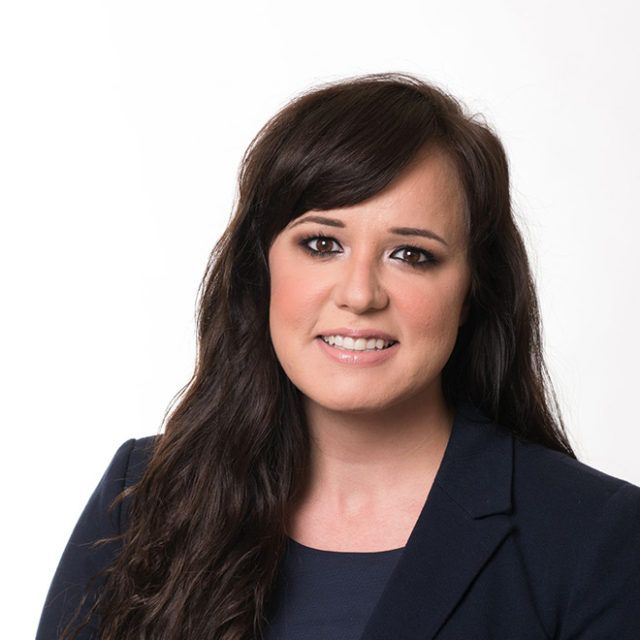
Sarah Darbandi, MD
Sarah Darbandi, MD
Bowden Eye & Associates
Jacksonville, FL
Dr. Sarah Darbandi is a fellowship trained cornea specialist. She is the Vice-President, Owner and Director of Aesthetic services for Bowden Eye & Associates. She is also a Founding Partner of Dry Eye University and a Founding Member, Advisory Board and Contributor of Dry Eye Access.
She attended Medical School at West Virginia University, then went on to residency in Ophthalmology at the West Virginia University Eye Institute. With her interest in corneal transplantation and refractive surgery, she then completed a fellowship in Albany, New York, in Cornea and Refractive Surgery. In 2015, she became partner and Vice President of Bowden Eye & Associates. Dr. Darbandi provides general ophthalmic care, custom cataract surgery, corneal transplantation, ocular surface reconstruction, and refractive surgery.
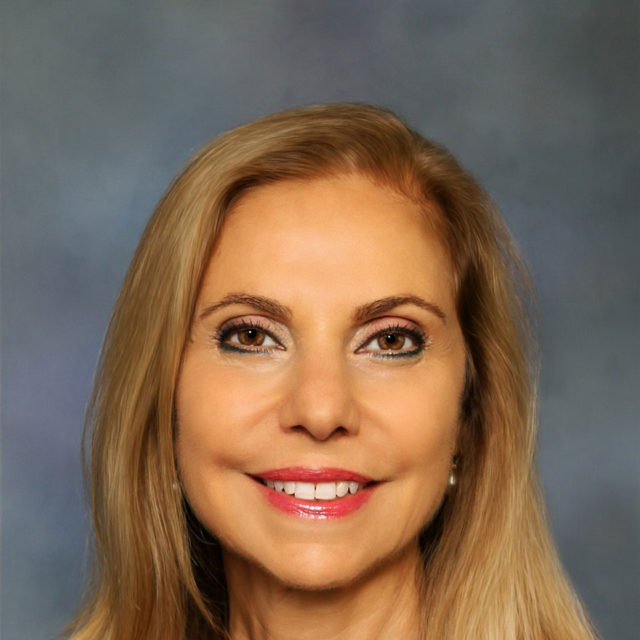
Cynthia Matossian, MD, FACS, ABES
Cynthia Matossian, MD, FACS, ABES
Matossian Eye Associates
New Jersey and Pennsylvania
Cynthia Matossian, MD, FACS, is the founder, CEO, and medical director of Matossian Eye Associates with multiple offices in PA and NJ. She specializes in refractive cataract surgery and dry eye disease. She was named one of Ocular Surgery News’ Premier Surgeon 300—an elite group of 300 premium refractive cataract surgeons in the US. She was the 2017 winner of the Ophthalmic World Leaders Visionary Award. She has been named one of the Top 25 Leading Women Entrepreneurs in New Jersey and one of New Jersey and Pennsylvania’s Best 50 Women in Business. She is a Clinical Assistant Professor of Ophthalmology (Adjunct) at Temple University School of Medicine. Contact Info: cmatossian@matossianeye.com.
For all of these questions, I say, unfortunately, that the insurance plan that you have has a high copay for Restasis®. We then try Xiidra®. And if the copay is too high for both medications, we switch them to Klarity-C from Imprimus®. Most patients are very happy on this product.
Whenever I prescribe dry eye medications, I let my patients know why I’m prescribing the medication and why I feel it’s best for them. If, for some reason, the medication is not covered, I ask them to let me know so I can prescribe alternate treatments that may be less expensive. I always recommend using various discount cards from the various companies. Also, knowing their insurance helps determine which dry eye prescription will be most likely covered. If it’s not, I will recommend alternates such as PF Dexamethasone or a less expensive drug for the short term and/or consider punctal plugs, Oral Doxy, or heat masks.
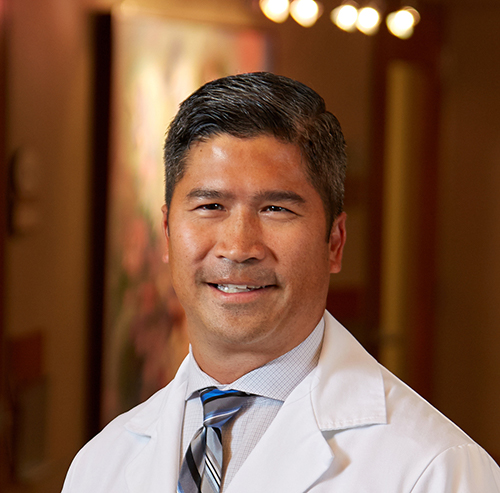
Walter Whitley, OD, MBA, FAAO
Walter Whitley, OD, MBA, FAAO
Virginia Eye Consultants
Norfolk, Virginia
Walter Whitley, OD, MBA, FAAO serves as the Director of Optometric Services and Residency Program Supervisor at Virginia Eye Consultants in Norfolk, Virginia where his practice encompasses ocular surface disease, glaucoma, surgical co-management, clinical research and the supervision of an extensive referral network. Dr. Whitley is a nationally recognized author and lecturer on topics ranging from ocular disease, surgical co-management, pharmaceuticals and practice management topics. He serves as Co-Chief Medical Editor for CollaborativeEYE and contributing editor for the Review of Optometry.
The issue of costs and cost management is an everyday occurrence in eye care practices. Our experts agree that it is important to educate patients on why certain products are prescribed and to provide alternatives, if possible, when patients lack the resources to purchase the preferred therapy. Perhaps most important, the efforts by clinicians to help patients by prescribing the most effective treatments with attempting to keep things as affordable as possible show the team aspect of managing Dry Eye Disease—we are all in this together.

